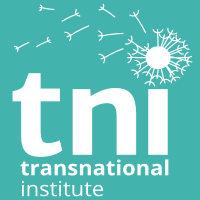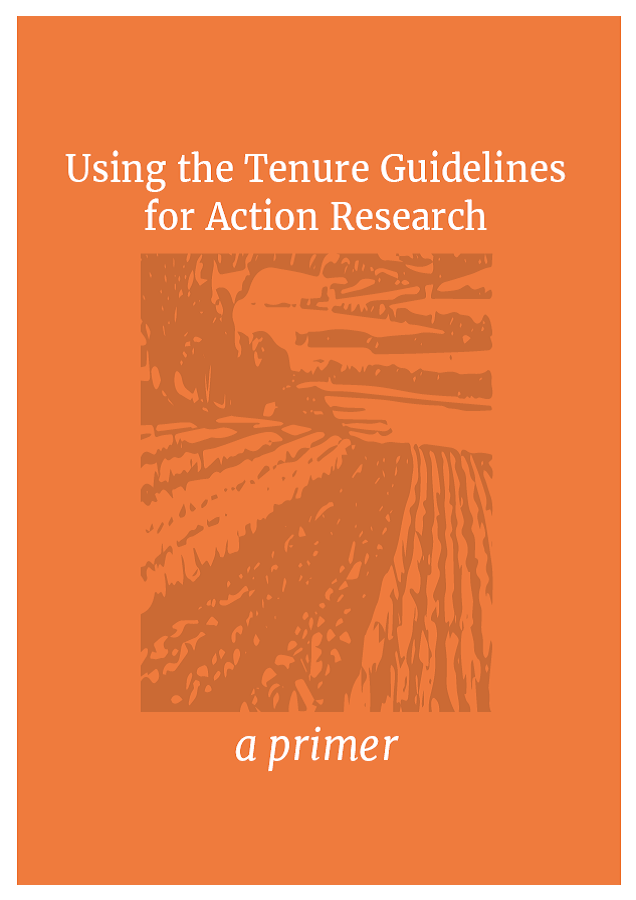Location
The Transnational Institute (TNI) is an international research and advocacy institute committed to building a just, democratic and sustainable world. For more than 40 years, TNI has served as a unique nexus between social movements, engaged scholars and policy makers.
The Transnational Institute (TNI) is an international research and advocacy institute committed to building a just, democratic and sustainable world.
Founded in 1974 as a network of ‘activist scholars’, TNI continues to be a unique nexus between social movements, engaged scholars and policy makers.
TNI has gained an international reputation for carrying out well researched and radical critiques and anticipating and producing informed work on key issues long before they become mainstream concerns, for example, our work on food and hunger, third world debt, transnational corporations, trade, and carbon trading.
As a non-sectarian institute, TNI has also consistently advocated alternatives that are both just and pragmatic, for example developing alternative approaches to international drugs policy and providing support for the practical detailed work of public water services reform.
TNI's Projects
TNI works on a wide range of interlinking issues. The constant interaction between fellows and projects gives TNI a unique, broad and informed perspective and enables a cross-disciplinary approach to complex global problems.
TNI's work currently includes:
- Leadership as a respected global voice on drugs policy, promoting a pragmatic approach to tackling illegal drugs based on harm reduction principles.
- Supporting a dynamic international network involved in building participatory, public sector water as the best way to achieve the goal of water for all
- Confronting the dogma of trade liberalisation, which like financial liberalisation has led to increased inequality, and helping to construct regional alternatives, such as the Bolivarian Alternative for the Americas, based on regional cooperation and solidarity
- Analysing and exposing the democratic dangers posed by the concentration of corporate power and proposing new legal frameworks of accountability for transnational corporations.
- Engaging with democratic innovations and experiments undertaken by social movements, progressive political parties and governments worldwide helping to empower communities to gain control over their lives and environment
- Drawing together and analysing the links between the different elements of the systemic crisis —financial, environmental and social.
Members:
Resources
Displaying 11 - 15 of 53Using the Tenure Guidelines for Action Research
A practical guide focusing on investigating accountability and accountability politics in the context of the current global rush for land and other natural resources. Purpose is to provide practical information to rural communities in Mali, Nigeria, Uganda and South Africa, that they can use in collective action and engagement strategies aimed at strengthening their tenure of land, fisheries and forest.
Guide for grassroots movements on tenure bottom-up accountability
The purpose of the guide is to provide practical information to rural communities that they can use in framing and devising collective action and engagement strategies to strengthen their tenure of land, fisheries and forest and bring about bottom-up accountability.
Guide for grassroots movements on tenure bottom-up accountability
The purpose of the guide is to provide practical information to rural communities that they can use in framing and devising collective action and engagement strategies to strengthen their tenure of land, fisheries and forest and bring about bottom-up accountability.
Guide for grassroots movements on tenure bottom-up accountability
The purpose of the guide is to provide practical information to rural communities that they can use in framing and devising collective action and engagement strategies to strengthen their tenure of land, fisheries and forest and bring about bottom-up accountability.
Guide for grassroots movements on tenure bottom-up accountability
The purpose of the guide is to provide practical information to rural communities that they can use in framing and devising collective action and engagement strategies to strengthen their tenure of land, fisheries and forest and bring about bottom-up accountability.



